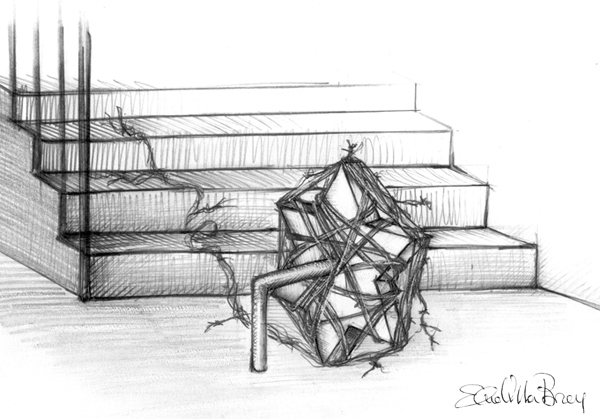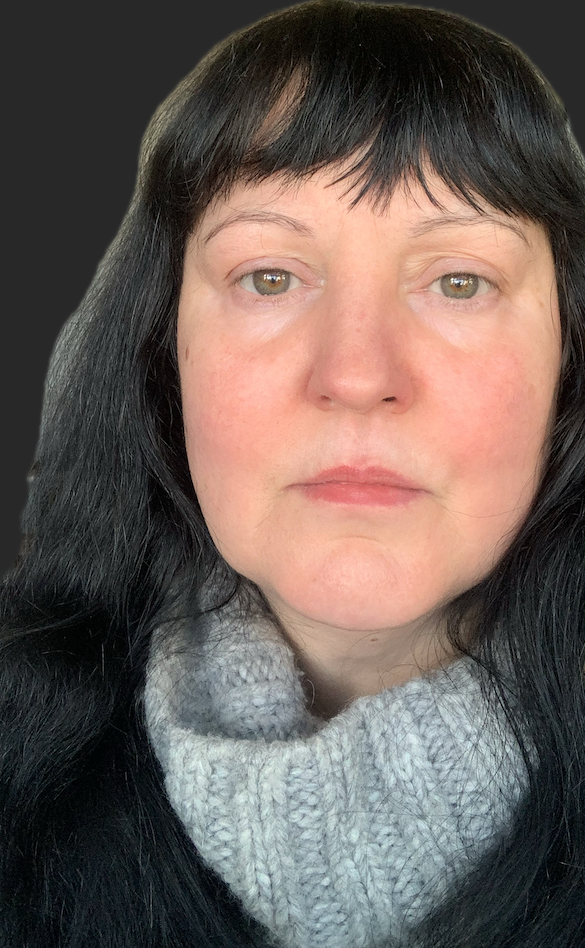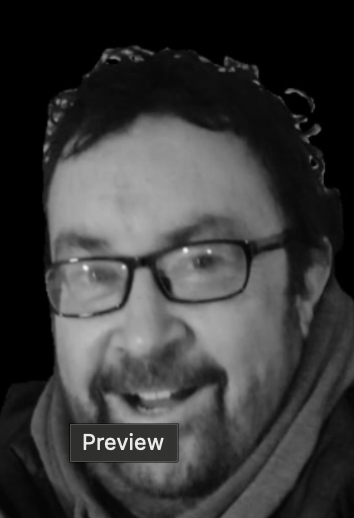Odradek is a new discussion group for lesbian and gay people to explore how issues affect our lives
Our namesake, Odradek, is a figure from a short story “Cares of a Family Man” by Franz Kafka written circa 1915. Odradek is a complex character with ambiguous and contradictory meanings.
We chose Odrakek to move beyond the stereotypes of what an LG organisation should be called, and what it should look like. Also, as the character in the story produces anxiety and uncertainty which we thought corresponded well with the current moment. As gender ideology and its variants (queer and trans) have begun to dominate the lives of LG people, we want to offer an alternative voice that supports authentic expression.
We advocate for fair and just treatment for LG people and we oppose special rights for any minority on the basis of any privileged political ideology. Unfortunately, a self appointed LBGTQ+ set of actors have decided to speak on behalf of all LG people who often hold diverse and varied opinions. From surrogacy, to the adding of the TQ+, to immigration, to the status of the family, we want Odradek to be a space to explore these issues in novel and open ways that will at times contradict the official orthodoxy of the current rainbow spectrum that has diverted, in our view, from LG issues.
While a group for lesbian and gay people we welcome bisexual people are welcome to join if in a same-sex relationship.
So what is Odradek? There is a critique of Kafka’s work by Guenther Mecker that suggests that Kafka had homosexual feelings and that they were a source of internal conflict and anxiety for him throughout his life. The made-up O.D.R.A.D.E.K, Mecker speculated, bore a close relationship to the German phrase “O da Dreck” which means “over there is filth”. For Mecker, Odradek symbolized Kafka’s struggle with internalized homophobia; a struggle that he believed was crucial to deciphering Kafka’s cryptic literary works. Another interpretation of the meaning of Odradek is humanity’s alienation from and oppression by modern technology. Either way we see Odradek as a means to discuss LGB alienation and oppression throughout the world and history.
Odradek is described in the story as an irregular spindle with multicoloured threads with a right angle spoke emanating from its centre.
Here is another artist’s representation of Odradek.


Kathleen Richardson
Kathleen is a Professor of Ethics and Culture of Robots and AI at De Montfort University, Leicester. Her work explores the social, cultural, legal and ethical aspects of robots and AI. She is the author of An Anthropology of Robots and AI: Annihilation Anxiety and Machines (2015) and Challenging Sociality: An Anthropology of Robots, Autism and Attachment (2018) and is co-editor of Man-Made Woman: The Sexual Politics of Sex Dolls and Sex Robots (2022). She founded the Campaign Against “Sex” (PORN) Robots in 2015 and is currently working on a political theory of action called the Politics of Love.
While Kathleen’s work is primarily the study of ethical and social approaches to technology, she co-founded Odrakek as she believed that many LGB organisations fail to consider the intersections of class and sexuality.
Kathleen grew up in a large family on a council estate in Nottingham and growing up was often disappointed by the failure of diverse lesbian representations. That said, she has a cat and is vegan. From a teenager she was involved with left wing politics, Kathleen believes left/right categories are destructive and that the basis of political action should be rooted in I-you attachments.

Gary Powell
Gary Powell is the Research Fellow for Sexual Orientation and Gender Identity at the Bow Group think tank. His current political work focuses on promoting fair and just treatment towards lesbian, gay and bisexual people, exposing the harms of gender ideology, and on campaigning for the complete and global abolition of surrogacy for all people.
Gary is a longstanding campaigner for gay rights and was a co-writer and the UK production manager for the recently-released film, “The Lost Boys: Searching for Manhood”, which documents the experiences of five young men in the process of detransitioning after being caused serious harm by the medical and therapeutic establishment.
Gary has written for several outlets, including Lesbian and Gay News, Conservative Home, and Public Discourse, and has spoken on GB News and for various podcasts.
Gary is from a working-class family and grew up on a council estate in Slough. He came out as gay in the early 1980s at the age of eighteen at a time when the gay male age of consent was twenty-one.